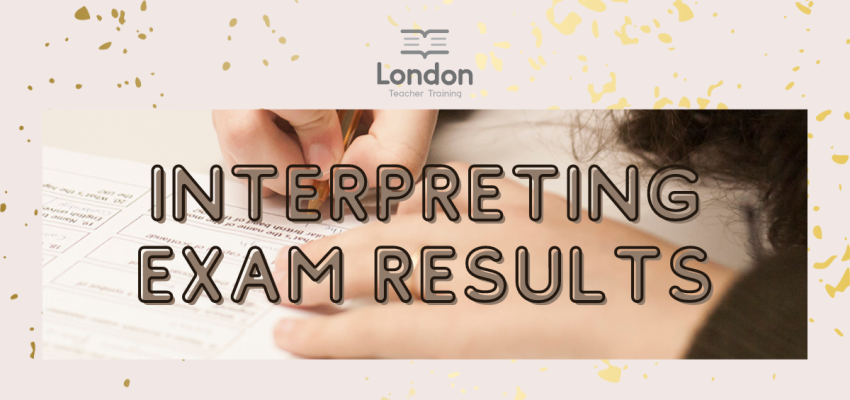Tuesday, October 11, 2022

Every year at London School of Languages hundreds of our students take one of the Cambridge exams, starting with the young learner exams (Pre-A1 Starters, A1:Movers, A2:Flyers) all the way up to the C2:Proficiency exam. Most of our students take their exams in the summer months, which means that by August we have all of their results, and we can see where they did well and which parts of the exam they found more difficult. It also means that we can start analysing the results, looking for patterns and comparing the results to those of previous years. So why is it important to analyse the exam results of our students and what can we learn from this analysis?
When we analyse the results of a group of students, we can quickly identify where students have done well and where they have struggled. This is very useful information for our teachers as it informs them about the areas that they need to focus on in the coming year. For example, our analysis has shown that while students perform well in the written part of the exam at A2:Key, from B1:Preliminary up, writing is often an area of weakness. Having this information allows our teachers to focus more on writing in class, while perhaps reducing the amount of time they spend on listening, where students generally performed well. Analysing exam results and sharing this information with colleagues allows teachers to make informed decisions about what they cover in class to ensure that students receive the best possible preparation for the exams they are taking.
One way of assessing whether a student is ready to take an exam is by giving them a mock exam. However, how do you know if your mock exam is representative of the real exam that the student is going to take? Recording the results of the mock exam and then comparing those results to the results of the real exam allows us to assess the level of our mock exam and make adjustments where necessary. For example, if the results of the listening section of the real exam vary considerably from those in the mock exam, it might be time to replace that listening paper with a new one. Indeed, it is important that the mock exam we use is as close as possible in level to the real exam to ensure that the recommendations we make based on students’ results are appropriate.
Students, and especially parents of students, can be quite pushy when it comes to signing up for an exam. Therefore, as teachers and schools, it is important to have some evidence on which to base our recommendations on whether a student is ready for the exam. For example, at B2 and C1 level, our analysis has shown that the Reading and Use of English papers are generally the best indicators of whether a student is ready to take the exam, as very few students pass the exam if they fail both of these sections. This means that it is essential for teachers to record the results achieved by their students over the course of the year so that the students (or parents) can be presented with these, and informed decisions can be made together with their teacher about whether they are ready to take the exam or not. This is an example of how exam results analysis is used in combination with the work that teachers do every day.
Some students prefer taking an exam on a computer, while others prefer the traditional pen and paper exams. Some students say that they find the reading paper more difficult on a screen or that they like seeing the word count and not having to cross things out when doing the writing paper on a computer. Our exam results analysis has allowed us to compare the results of students who took paper-based and computer-based exams. One thing that we can clearly deduce from the analysis is that students perform significantly better in the listening paper if they take the computer-based exam, while students also seem to perform slightly better in the writing paper. Therefore, if we have a student who finds the listening paper difficult, we can recommend to them that they take the computer-based exam to give them the best possible chance of passing overall.
In recent years, the number of our students taking young learner exams (Starters, Movers and Flyers) has increased. This means that our students are becoming increasingly familiar with the type of exam they are going to be faced with as they get older. The benefits of this are now being seen in our exam analysis, with this years’ students at A2:Key and B1:Preliminary getting better results than ever. As most of these students had also previously taken young learner exams, we can draw the conclusion that their exposure to exams at an early age has helped them with these higher-level exams. It will be interesting to see in a few years’ time whether this increased experience of English exams helps our students perform just as well in the B2:First and C1:Advanced exams.
So, we can see that analysing exam results can benefit everyone across a school or language academy. It provides teachers with information about what they need to cover in class, and parents with guidance about whether their children are ready to take an exam. If your centre doesn’t yet analyse the results of your students yet, you should seriously consider starting. At London School of Languages, the analysis of results has allowed us to implement changes in the way we teach and the tests we use to assess our students over the course of the year. We are starting to see the benefits of doing this with results going up across the board. We can therefore conclude that time spent interpreting exam results at the beginning of the school is definitely time well spent.